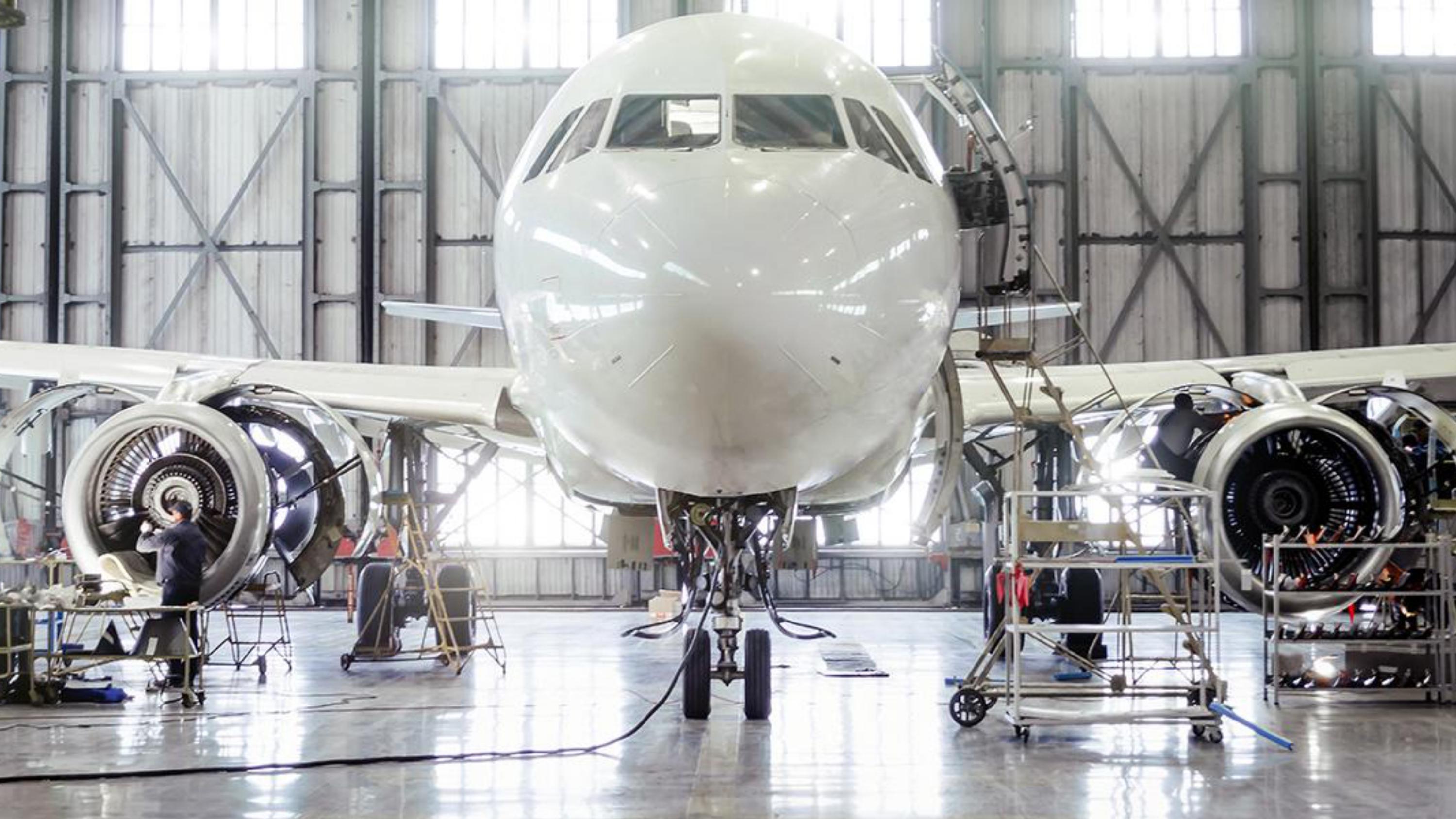The Fragmented Nature of Aviation MRO Procurement
12 Jul 2023

Manual Data Entry: Time-Consuming and Error-Prone
One major challenge in the aviation industry is manual data entry. This process is time-consuming and introduces the risk of errors. Stakeholders have to manually enter data into various systems and platforms, such as emailing suppliers, using listing websites, PDFs, excel sheets, bank transfers, and freight forwarders. The involvement of multiple processes, different stakeholders, and several contracts from each organization complicates the sourcing procedure. This manual approach consumes valuable time and requires significant manpower to handle large tenders.
Complexity of Procurement: Multiple Tools and Stakeholders
The procurement process in the aviation industry involves multiple tools and stakeholders. Buyers have to navigate through various platforms, such as emailing suppliers or using listing websites, to source the required parts or services. This complexity increases when dealing with multiple vendors, each with their own processes and contracts. Lack of standardization across the industry adds to the challenges, making it difficult to streamline operations and achieve efficient procurement.
Prolonged Sourcing Process: Lack of Industry Standards and Tracking Mechanisms
The absence of industry standards and tracking mechanisms further complicates the sourcing process in the aviation industry. Without a standardized approach, stakeholders face difficulties in ensuring consistent processes and tracking progress. This can result in delays, miscommunication, and inefficiencies. The lack of proper tracking mechanisms makes it challenging to monitor the status of RFQs, negotiate quotes, and ensure timely delivery of goods or services.
Synchronization Problems: Communication and Progress Tracking Issues
Using different tools for different tasks can cause synchronization problems between departments within an organization. Lack of integration and communication between systems can lead to delays, misalignment, and difficulties in tracking progress. This affects both internal coordination and communication with external stakeholders, resulting in inefficiencies and potential errors.
In conclusion, the fragmented nature of procurement and sourcing processes in the aviation industry poses significant challenges. Manual data entry, multiple tools and stakeholders, lack of industry standards and tracking mechanisms, all contribute to inefficiencies and delays. To address these challenges, it is crucial to streamline processes, improve communication, and implement standardized approaches. Our solution at ADO Aero aims to provide a comprehensive platform that streamlines procurement and sourcing operations, enabling stakeholders to overcome these challenges and achieve greater efficiency.
Don't let fragmented sourcing processes slow you down.
Take the first step towards a streamlined procurement
Request a free consultation session with us
Reach us now on sales@adoaerospace.com